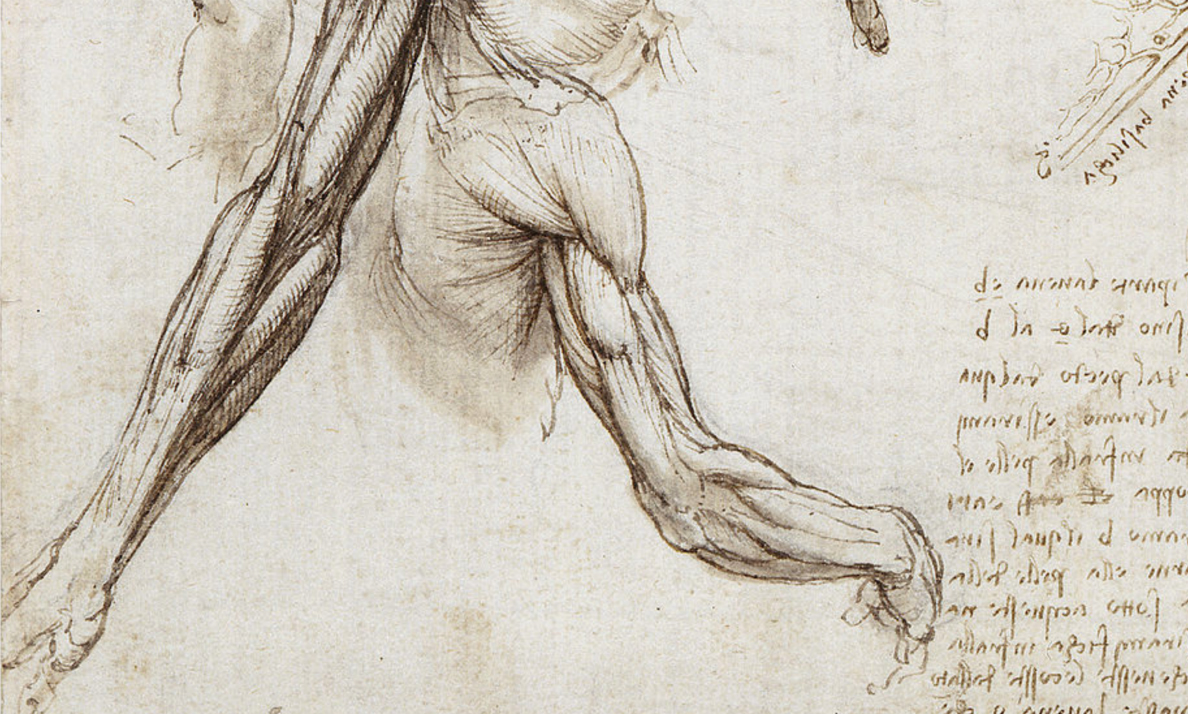In our last post we presented an illustrative example of normative value arising out of a self-sustaining life form. We saw that the normative dimension, which differentiates between positive (food) and negative (excrement) environmental stimuli, makes the objective world meaningful to the organism which strives to live in it. In today’s post we are going to explore how a particular (scientific) discipline – physiotherapy – cannot function properly, while ignoring this normative dimension of the lived world.
In their study Jan Halák and Petr Kříž underscore the necessity for a renewed understanding of the body in the context of physiotherapy, aiming to bridge the gap between theoretical concepts and practical application. While physiotherapists are trained to adopt an objectivist approach to bodily function, their therapeutic interactions encompass more than just scientific explanations. Norms of optimal bodily function are highly individual and dynamic, not solely reliant on generic physiological structures, therefore objective measurements of physical deviations often fail to correlate with subjective challenges and may not lead to substantial improvements. In summary, their research indicates that physiotherapy cannot be reduced to mechanical manipulations by experts or mere instructions to patients’ conscious awareness. Instead, this study suggests a philosophical approach, viewing motor disorders as alterations in interactions between a living organism and its environment, while motor disorders arise from an impaired ability to effectively engage with the environment through movement. Read the whole article here.
We are very happy to announce that Jan Halák is going to be one of the speakers at the upcoming What is life? Beyond reductionism conference. Jan Halák is an assistant professor of philosophy at Palacký University Olomouc. His research focuses on phenomenology, philosophy of embodiment, enactivism, and experiential learning. Holding a PhD from Université Paris-Sorbonne, his current project, “The dynamics of corporeal intentionality,” explores how our consciousness and bodily interactions are intertwined. His work challenges traditional views, emphasizing the crucial role of the body in shaping our perceptions and experiences. We are very much looking forward to his presentation of Merleau-Ponty’s views on the inadequacy of reductionists perspectives on vital phenomena.
